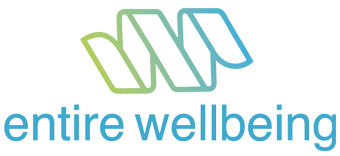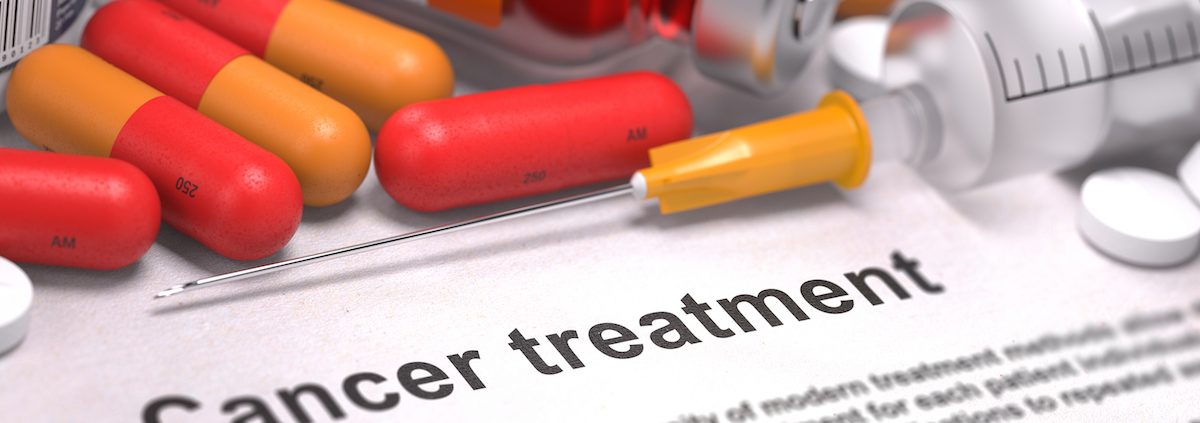Cancer Treatments, Complementary Therapies and Marginal Gains
There have been considerable advances in recent years in both the treatment options (surgery, chemo/radiotherapy, hormones, immunotherapy and stem cell/bone marrow transplants) and survival rates after a cancer diagnosis, but ‘cancer and its treatment often leaves a gruelling physical and mental legacy for many years afterwards….and many of these people are not living well…..living with multiple long term conditions’ (Macmillan Cancer Support, 2013).
However, in spite of trillions of dollars of money being spent on research and treatments since President Nixon declared war on cancer in 1971, recent global data shows that ‘Cancer incidence and mortality are (still) rapidly growing worldwide’ (Global cancer statistics 2018: GLOBOCAN) and we are told to expect that ‘by 2020 it is estimated that nearly 1 in 2 of us will develop cancer at some point in our lives’ (Macmillan Cancer Support, 2015). Is this acceptable? Does this not imply ‘that something is fundamentally wrong with the current accepted paradigms of cancer?’ Calabrese, E.J – Journal of Cell Communication and Signaling 2019).
Cancer is a complex multifactorial chronic disease and the evidence would strongly suggest that complementary approaches when combined with modern medical treatments can significantly improve patient outcomes. This is not about an alternative approach, which by default implies that the patient has to make a decision as to which path to take, but about combining the best available evidence based approaches from both modern and complementary medicine to help deliver improved patient outcomes.
This is all about marginal gains. The principle being that if you can achieve small improvements (e.g.1%) in multiple areas then the cumulative gains will end up being significant. It is natural to assume that in order to achieve any desired outcome, we must focus our energies on only using actions that will deliver the greatest returns. Why bother with actions that only produce marginal improvements that may not even be noticeable? But the point here is that tiny improvements can make a significant difference over time, as marginal gains compound. This is exactly the principle that revolutionised British cycling when Sir Dave Brailsford applied this principle rigorously from 2003 onwards. The results speak for themselves. Between 2007 to 2017, British cyclists won 178 world championships and 66 Olympic or Paralympic gold medals and captured 5 Tour de France victories in what is widely regarded as the most successful run in cycling history.
So if this principle can transform a sport, what might it do for cancer treatments and outcomes? Why would we not, as a matter of course, always recommend using other complementary approaches to help achieve potentially substantial improvements in not only treatment outcomes but also the quality of life post treatment (a time when cancer patients require support), as well as reducing the risk of further future complications?
This is precisely the approach that Professor Bredesen is using with significant success, to arrest and even reverse Alzheimer’s Disease (AD). Professor Bredesen describes AD as being primarily a ‘metabolic problem’, which necessitates the use of a ‘silver buckshot’ rather than a ‘silver bullet’ approach. In a small but groundbreaking study published in Aging 2014, a 90% success rate in both arresting and reversing early stage AD was reported. Dr Bredesen uses a combination of personalised dietary and lifestyle interactions (includes supporting digestive function, identifying imbalances in the gut, correcting identified nutrient deficiencies, optimising vitamin D levels, eating food over a particular window of time in the day, assessing metal toxicity, optimising sleep, increasing exercise and movement, reducing inflammation, identifying food sensitivities, supporting mitochondrial function and stimulating the brain) with the client to achieve substantial results over a 3 to 12 month period.
These results on the face of it look too good to be true, but in reality simply reflect the obvious, which is that the vast majority of chronic disease (including cancer) is rooted in the mismatch between our genetics and the modern world that we have created for us to live in. Your environment (diet, toxic load, stress/trauma, and infections) is fundamental to your long-term health and well-being and should be one of the first areas to seriously evaluate when confronted with any chronic condition. What makes you, you is unique to you and this is the premise behind the ‘functional model’ of medicine/health, which is all about identifying (and then treating) the triggers and mediators (perpetuators) of your chronic disease.
The cancer clients that I have the privilege of working with often inform me that they are told by their doctors/oncologists that diet has nothing to do with helping treat cancer and improving their outcomes. This just does not make any medical or biochemical sense. Why wouldn’t the food that you consume be the cornerstone of any treatment plan? We know that our cells require the ready availability of over 250 micronutrients in order to function properly and that on a basic level dysfunctional cells leads to disease. The only way that you can get these micronutrients into the body is to eat them (assuming that absorption is not hindered in any way due to imbalances such as weak stomach acid, poor bile flow, small intestinal bacterial overgrowth and imbalances in the bacterial species of the gut). In my opinion, nutrient status, food sensitivities and overall digestive system health should be thoroughly evaluated as part of any cancer treatment plan.
Study after study highlights the potential impact that the microflora/microbiome (the balance of the bacterial species/viruses/parasites and fungi that live in or digestive systems) has on all aspects of our health and well being, with the existence of multiple ‘gut organ’ axes. Research shows that dietary choices can rapidly modulate/change the composition of the micro ecology of the gut, so why wouldn’t diet be a fundamental tool to achieve marginal if not substantive gains in the treatment of cancers? The concept that one should eat a ‘healthy’ diet (when diet is briefly mentioned) is also fundamentally flawed. What exactly is a healthy diet anyway? Does that include dairy? Does it contain saturated fat? What about ketogenic diets? What about grains/gluten? There are so many variables and the answer to these questions rests with obtaining the right data to be able to personalise and construct the most effective dietary approach for each client. ‘The food you eat can be either the safest and most powerful form of medicine or the slowest form of poison’ – Dr Ann Wigmore.
So what other key complementary options should cancer patients seriously consider using to maximise marginal gains, alongside their medical treatments?
The Ketogenic diet (not necessarily suitable for everybody though), is the very strict control of carbohydrate intake, with moderate protein consumption and the majority of calories coming from high quality fats. Ketogenic diets are gaining recognition as an effective strategy for any cancer that is rooted in mitochondrial dysfunction (energy plants of our cells) and/or metastatic cancers. There is also evidence that a ketogenic approach may be very supportive of both radiotherapy and chemotherapy, improving outcomes. The effectiveness of a ketogenic approach may also be enhanced by using hyperbaric oxygen chamber treatments.
Mycotherapy (medicinal mushroom therapy). Mushrooms contain over 150 bioactive compounds and a recent interview with Dr Pere Gascón (oncologist) for ‘InFocus’ – IHCAN and Nutrition May 2019 he states: ‘There are more than 5,000 publications in English literature that indicate the beneficial effect of the extract of certain mushrooms in cancer…….mushrooms are, above all, immunomodulators, as they enhance T lymphocytes, both in number and quality and even B lymphocytes, the creators of antibodies’. Essentially mushrooms are not only natural immune modulators, but they also have substantial evidence demonstrating their ability to significantly reduce or sometimes even stop the often severe side effects of chemo and radiotherapy. This is a win win situation as the client can better tolerate the treatments and there is therefore full compliance with the program and hence a greater chance of the treatment working. Not only that, mushrooms possess anti-angiogenic, anti-metastatic, anti-tumour and anti mutagenic properties in their own right. Another key factor to note about Mycotherapy is that its use does not interfere with the excretion of chemotherapy and other cancer drugs through the cytochrome P450 liver pathway. This is important, as oncologists are always concerned by the potential impact that nutraceuticals can have on their treatments and rightly so, as either slowing down or speeding up detoxification can have significant consequences for the patient.
Finally, we are being marinated in toxins – more than 85,000 chemicals have been released into our environment since the end of the 2nd World War and we have very little understanding about their impact on our health, yet alone the World. Reducing total toxic load by thoroughly auditing your environment from the air that you breath, the water you drink, choosing organic foods, the personal care products and the cookware that you use and the chemicals that you expose yourself to in every day life including paints, air fresheners, weed killers and flame retardants, should be thoroughly assessed. What about electromagnetic pollution (WIFI, mobile phones, Bluetooth, 4G/5G)? The evidence base is rapidly building that these technologies are potentially doing us significant harm. This is again the principle of marginal gains. We cannot completely escape the toxic soup and electromagnetic smog that we have created, but we can make lots of small changes across the board potentially making a considerable impact. Maybe this subject will become the smoking of the 21st Century. Time will of course tell……


 RT
RT 

Leave a Reply
Want to join the discussion?Feel free to contribute!